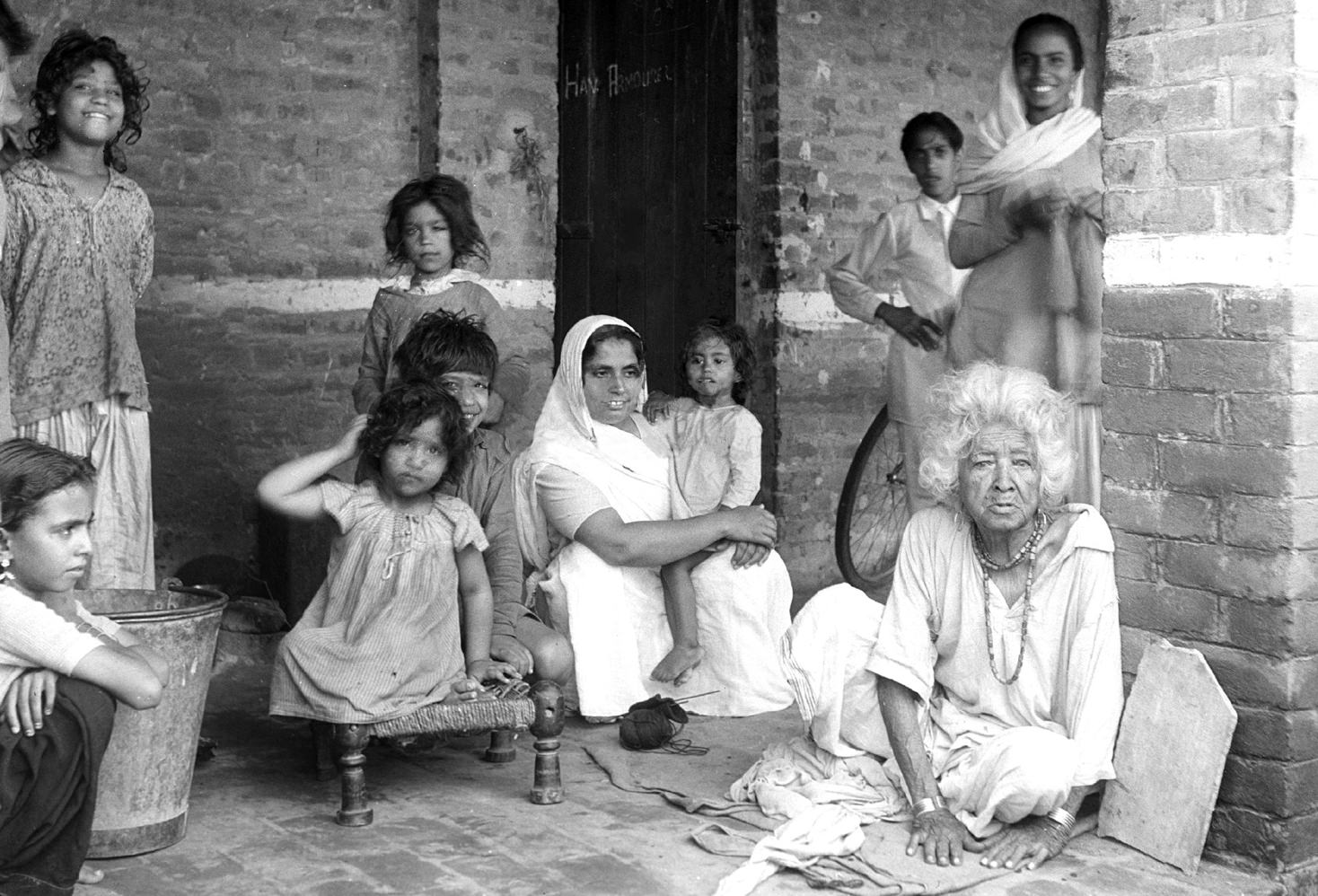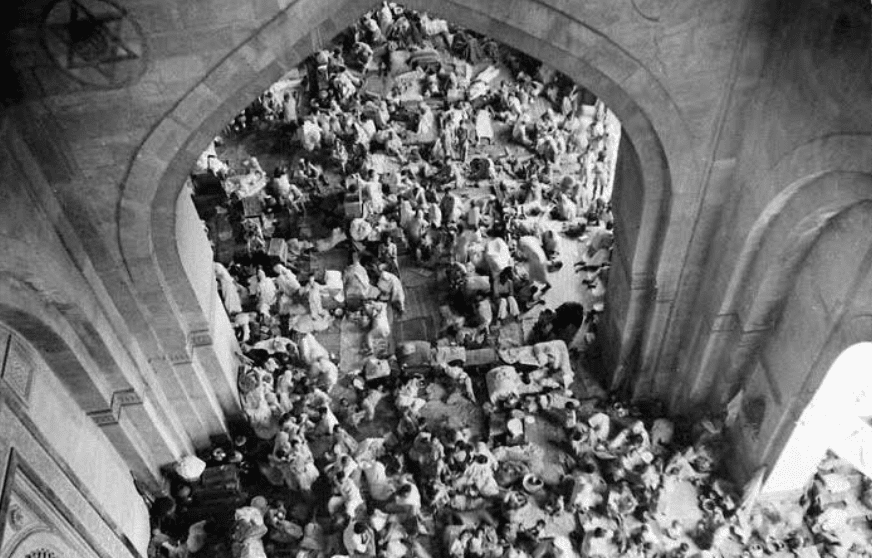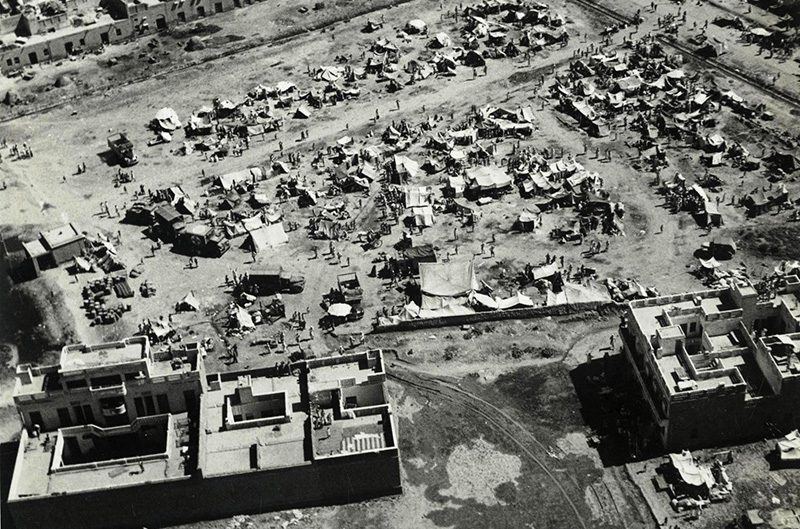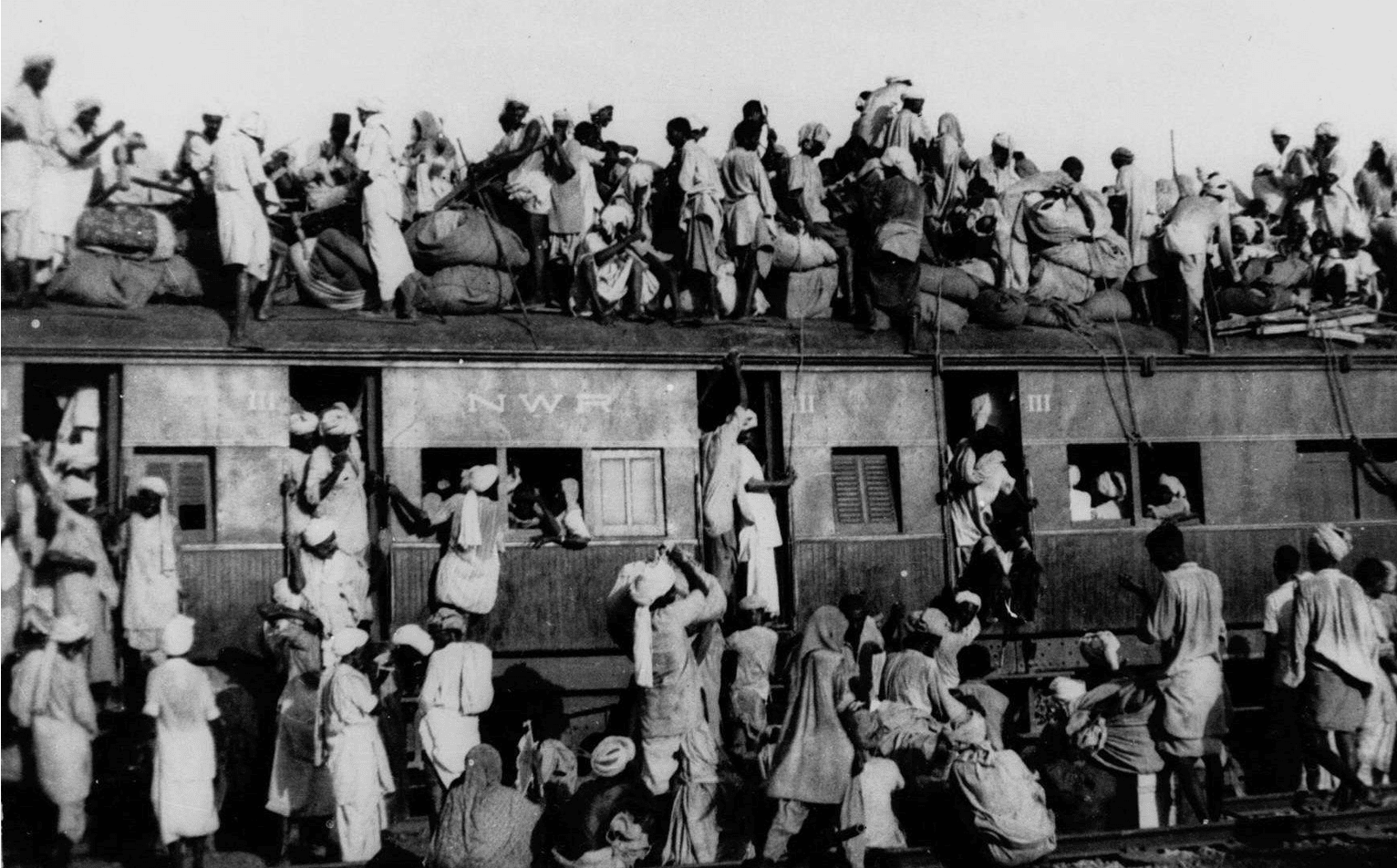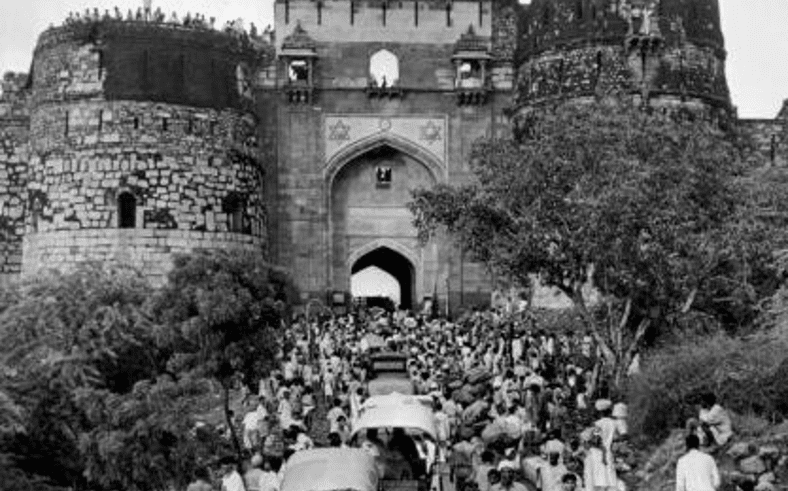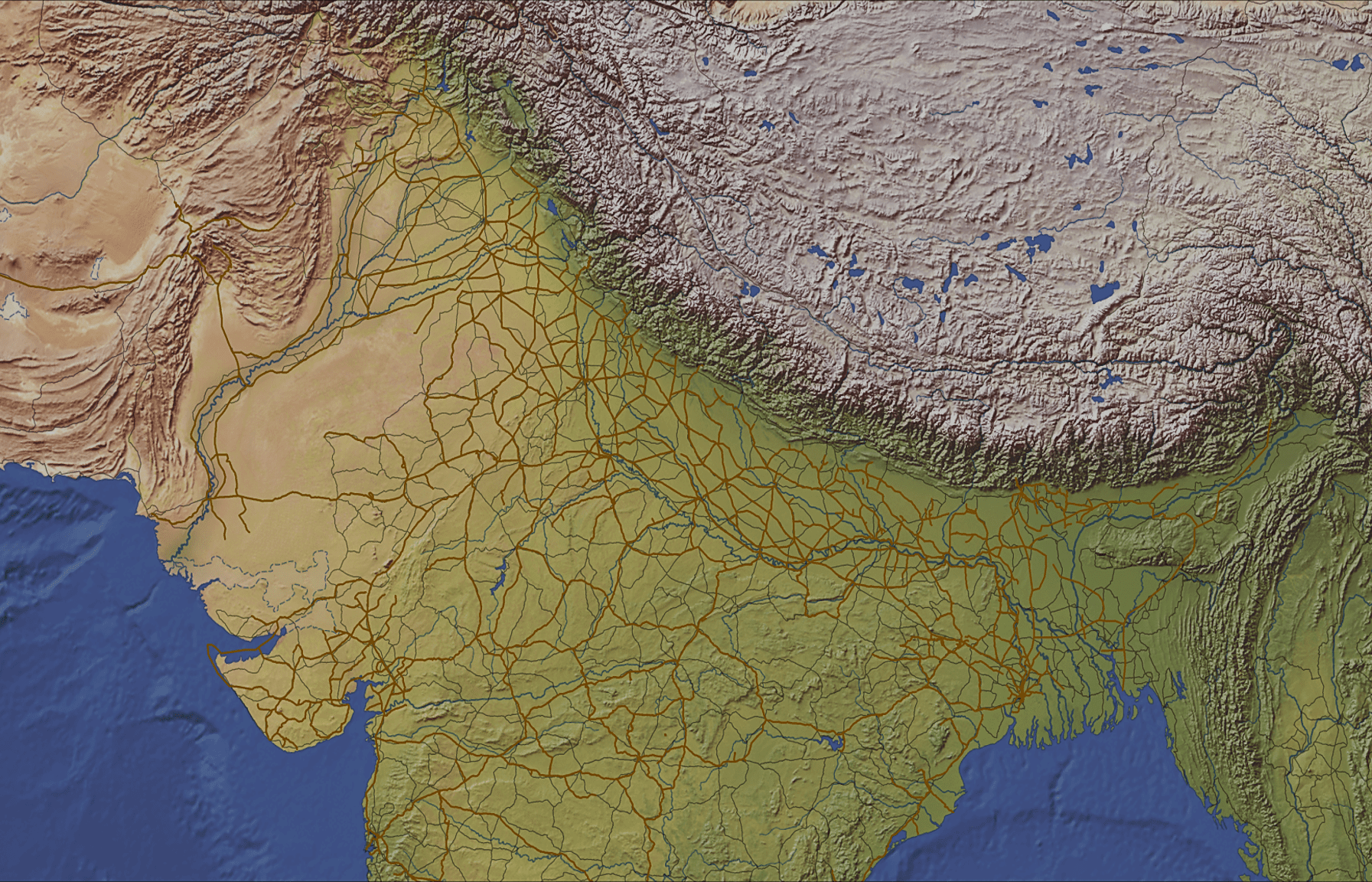Looking Back, Informing the Future: The 1947 Partition of British India
Podcasts
The Mittal Institute presents a series of podcasts in which distinguished faculty and visiting scholars explore the history, context, and continuing impact of the Partition of India and Pakistan — one of the most violent, defining events of modern history.
The nine episodes below were recorded during the Mittal Institute’s Partition Seminars, featuring a range of Harvard faculty from various disciplines and schools presenting on themes including humanitarian consequences, nationalism, cities and settlements, long-term impacts, and more.
History and Context of the Partition
This podcast gives a broad overview of South Asian political history and a history of British colonial rule in South Asia, the place of South Asia within the empire, and specific governance policies and systemic factors that contributed to the Partition.
Historical and Humanitarian Consequences of Migration
This podcast explores the story of the mass migration of Hindus/Sikhs and Muslims from Pakistan and India, respectively, into the other country and the resulting humanitarian crisis.
Gender and the Partition
When Partition is viewed from the lens of gender history, what happens? Is this the same history with women’s voices added and silences interpreted, or does it offer alternate scales and geographies? To what extent did Partition shape the gendering of citizenship in South Asia?
Religion, Ethics, Nationalism and the Partition
Given that Partition is widely considered to have resulted due to religious differences, it is critical to explore the interplay between religion and nationalism in pre-Partition rhetoric, in the post-Partition riots, and in the actual migration process.
The Radcliffe Boundary Commission, Pt. I
Over a period of six weeks in the summer of 1947, Cyril Radcliffe, a British lawyer who had never been to India and had no experience in boundary-making, drew a 2,500-mile-long line that would divide India and Pakistan.
The Radcliffe Boundary Commission, Pt. II
Lucy Chester, Associate Professor, University of Colorado, Boulder
Many of the maps used in this division had been created as tools of colonial control — and the “silences” of such maps, such as the absence of information about the inhabitants of the territory depicted, significantly impacted the Radcliffe Commission’s work.
Witness to Two Partitions, Pt. 1
Chen speaks from a personal perspective as a long-term resident of India and Pakistan who witnessed two partitions: 1947 and 1971. For the 1947 Partition of India, Chen features excerpts from her grandmother’s letters written that year from Rawalpindi to family in the USA.
Witness to Two Partitions, Pt. II
Chen speaks from a personal perspective as a long-term resident of India and Pakistan who witnessed two partitions: 1947 and 1971. For the 1971 Partition of Pakistan, Chen recalls a series of events she witnessed.
70 Years Later
Asim Khwaja, Sumitomo-FASID Professor of International Finance and Development, Harvard Kennedy School
The current impact of Partition and the new and continuing research and work that is being done on this topic.



